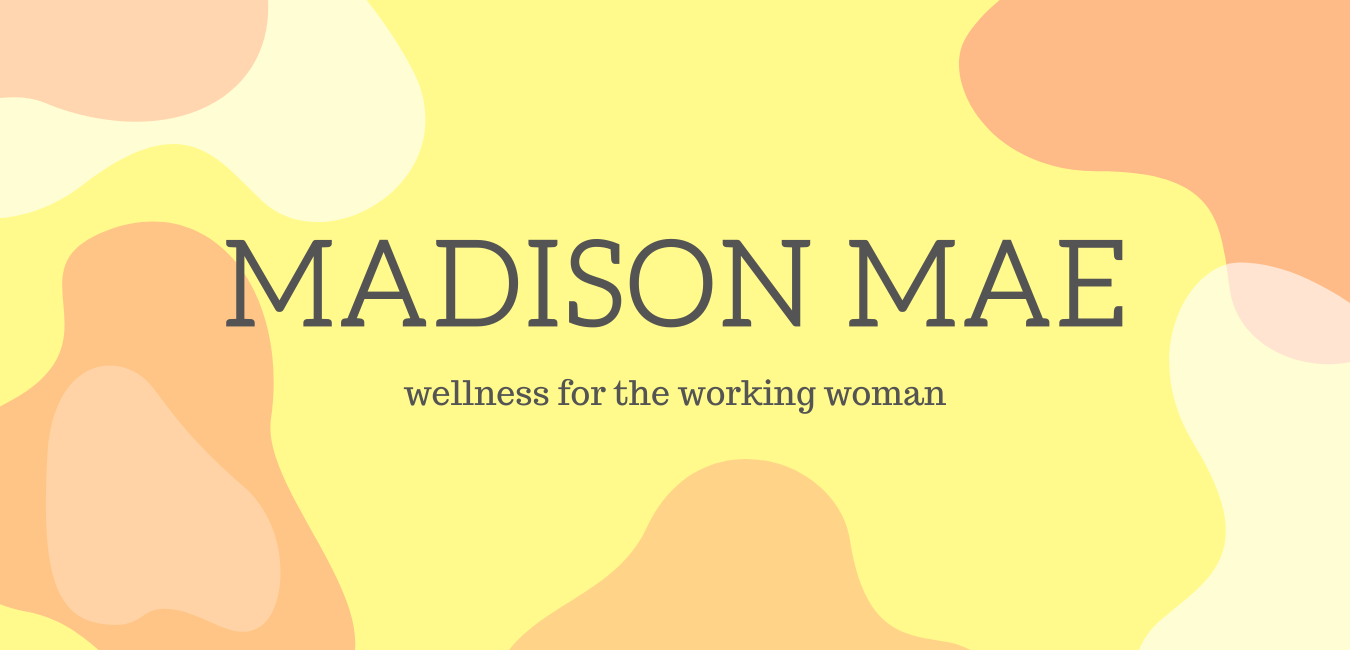Why Veganism Isn't the Answer to Saving the Environment
I recently learned that November 1st is known around the world as World Vegan Day, a day many vegans celebrate each year. Most vegans think their diet is the answer to all their health concerns and the issues with the environment, however, this is not the case.
My Veganism Journey
Speaking from personal experience, a vegan diet wreaked havoc on how I felt every day. I was constantly bloated, depleted of energy, and feeling sick. After being diagnosed with Crohns disease I thought it may have been the answer to the pain I was experiencing. In the first few months of a vegan diet, I felt great. My Crohns symptoms lessened and I felt more energetic.
However, after a few months, I started to get worse again. I stopped wearing tight clothing because I was insecure about the way my bloated tummy looked. I was tired again, having to drink multiple cups of coffee to keep myself awake. My energy was so depleted that I would fall asleep in class and at work. It was so severe that I thought I was narcoleptic.
I never understood what was wrong with me since so many people were telling me that a vegan diet was the secret to good health. Then, I started to research more on the diet and read books on health and wellness. I came to realize that plants also have defense mechanisms to keep us from eating them. The plants and legumes I was eating were defending themselves against me and in turn hurting me.
I learned about grass-fed and grass-finished beef as well as pasture-raised pork. I educated myself on buying meat locally from the farmer’s market rather than buying it from large companies available to me at the food store. I learned about the difference in how these animals were being humanely raised versus the ones raised inhumanely by large corporations.
As soon as I started incorporating 100% grass-fed beef into my diet I started gaining my energy back. I no longer was tired all the time and even noticed I was less bloated than before. I wasn’t constantly starving like I was on a vegan diet and I felt much better overall.
Why It Doesn’t Save the Environment
Many people are going vegan not only because they think it’s the “healthy” thing to do, but because they also believe it’s the solution to stopping global warming. This just isn’t true. First, we can’t just “stop” global warming. We need to REVERSE it for real change to happen. One of the only ways to truly reverse it is through regenerative farming. Regenerative farming is one of the only carbon negative processes there is.
For more information on regenerative farming, read this post.
This diagram compares a regenerative farm’s (White Oak Pastures) emissions to that of conventional meat, the most popular crops, and vegan meat substitutes. As you can see, the emissions of other crops and fake meat are still contributing to global warming. Yes, they are contributing less than conventional meat, but they are still not helping our problem at hand.
The only way to really REVERSE global warming is to support farms like White Oak Pastures and Belcampo whose practices are carbon negative.
Water
Many vegans claim that their diet helps conserve water on our planet. However, did you know that 1 pound of almonds take 1,900 gallons of water to produce (1)?
While many vegan activists claim that cows use most of our water supply, all water should not be treated equally. Most of the water used by cows actually occurs naturally in our ecosystem from rainfall or ground water. This is water that would not be otherwise used by humans but is naturally used through our ecosystem. However, almonds require an extensive irrigation system of water that does not occur naturally and could otherwise by used by humans for drinking water (2).
Contamination
One thing that is not taken into account with growing crops like corn and soy (the two most popular crops in vegan products) is all of the pesticides used (3). These pesticides then run off the land into our water supply, killing fish and other species. While the growing of these crops does not DIRECTLY kill animals, they do so by contaminating the natural environment and the animals that live there.
Energy
Another argument vegans use against meat is the claim that producing beef takes up so much energy. However, have you ever stopped to think about all the energy lab-produced meat must take? Products like Beyond Burger require extensive processing of soy to be created. They are made in a large factory that requires heavy machinery, lighting, and tons of electricity. And this is in ADDITION to the energy taken to harvest the soybeans.
If you’re still not convinced that being vegan DOES NOT save the environment, I highly recommend reading the book Sacred Cow which goes into much more detail about the points mentioned.
Subscribe to my Back to Our Roots newsletter where I discuss more on nutrition, ancestral living, and returning back to the way we once lived by being in touch with body, mind, and spirit.


